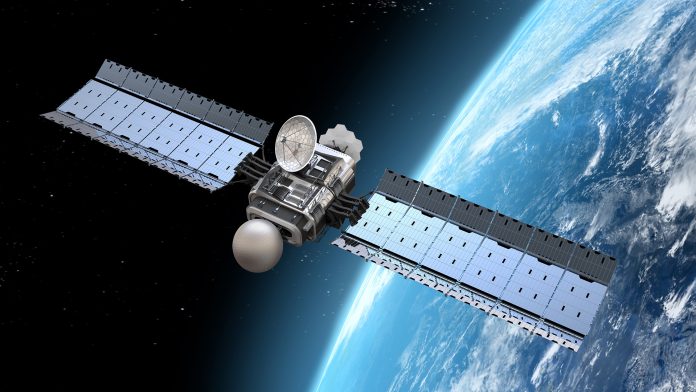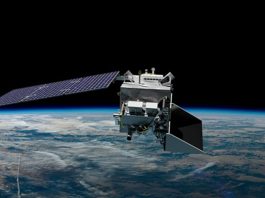The UK Space Agency has announced funding for work which aims to prolong the life of satellites, as part of efforts to ensure space remains sustainable for future generations.
The package is part of a government initiative to roll out sustainable satellites and includes a £2m upgrade to the Satellite Applications Catapult’s In-Orbit Servicing and Manufacturing (IOSM) facility at the Westcott Space Cluster in Aylesbury.
The facility will provide unique capabilities in the UK where companies can verify, validate and demonstrate a range of in-orbit operations, including manufacturing, servicing, inspection, repair, and assembly.
In addition, almost £1.5m has been pledged for feasibility studies on refuelling satellites in space to extend their life and reduce the amount of space debris.
Satellite sustainability measures will tackle space debris
There are now around 37,000 pieces of space debris in orbit measuring more than 10cm, and an estimated one million pieces sized 1-10cm.
With increasing numbers of satellites being launched, the UK is taking leadership on this global issue.

Andrew Griffith MP, Minister for Space at the Department for Science, Innovation and Technology, explained: “Tackling space debris and maintaining ease of navigation in space is vital to allowing future exploration and protecting the everyday services we all rely on, from location and financial services to weather forecasting and broadband.
“To ensure long-term satellite sustainability, we are funding new technologies for satellite refuelling and upgrading this important national facility at Westcott to help bring innovations to market faster, in turn growing our economy.”
Demonstrating in-orbit operations
The UK’s IOSM facility at the Westcott Space Cluster will become the first in the UK capable of verifying, validating, and demonstrating in-orbit operations.
The upgrade will support the growing IOSM sector within the UK, providing access to the large-scale equipment needed to replicate orbital conditions and flight dynamics.
This includes expanding the core capabilities to enable dynamic tracking, real-time positioning, a gravity off-load system, and enhancing the orbital simulation environment.
Lucy Edge, Chief Operating Officer at Satellite Applications Catapult, which owns the IOSM facility, said: “The upgraded facility will help meet goals within the National Space Strategy for in-orbit servicing and help with UK Space Agency-funded work developing satellite sustainability standards, including exploring the design and operation of sustainable spacecraft.”
Sustainable satellite life extension through refuelling
Three new refuelling feasibility studies will support the UK’s efforts to lead on space sustainability by demonstrating the ability to refuel the UK national debris removal mission and explore opportunities for refuelling commercial sustainable satellites.
“Until recently, satellites have been designed as one-shot items: non-refuellable with mission lifespans coming to an end when the satellite can no longer manoeuvre effectively,” explained Ray Fielding, Head of Space Sustainability at the UK Space Agency.
“This package of funding shows the UK Space Agency is leading work to develop UK capabilities in performing in-orbit tasks, such as refuelling, and demonstrating leadership in more sustainable space operations.
He concluded: “Facilities like the IOSM centre at Westcott will support the UK’s ambition to become a leading nation in IOSM within the next decade.”









